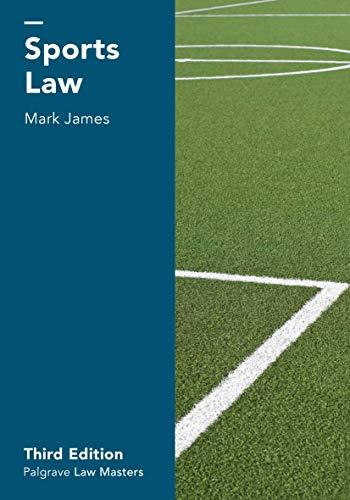Answered step by step
Verified Expert Solution
Question
1 Approved Answer
read the book We The PeopleThomas E. Patterson 15th edition After reading the chapter, return to the section entitled Politics in Action on pgs. 106-107.




read the book We The PeopleThomas E. Patterson 15th edition After reading the chapter, return to the section entitled "Politics in Action" on pgs. 106-107. Do you agree with the Court's reasoning in this case? Is a suspect's cell phone fundamentally different from other physical items, such as drugs, that are found on a suspect? Can you think of a situation in which police could lawfully search a suspect's cell phone without first getting a warrant?




Step by Step Solution
There are 3 Steps involved in it
Step: 1

Get Instant Access to Expert-Tailored Solutions
See step-by-step solutions with expert insights and AI powered tools for academic success
Step: 2

Step: 3

Ace Your Homework with AI
Get the answers you need in no time with our AI-driven, step-by-step assistance
Get Started


